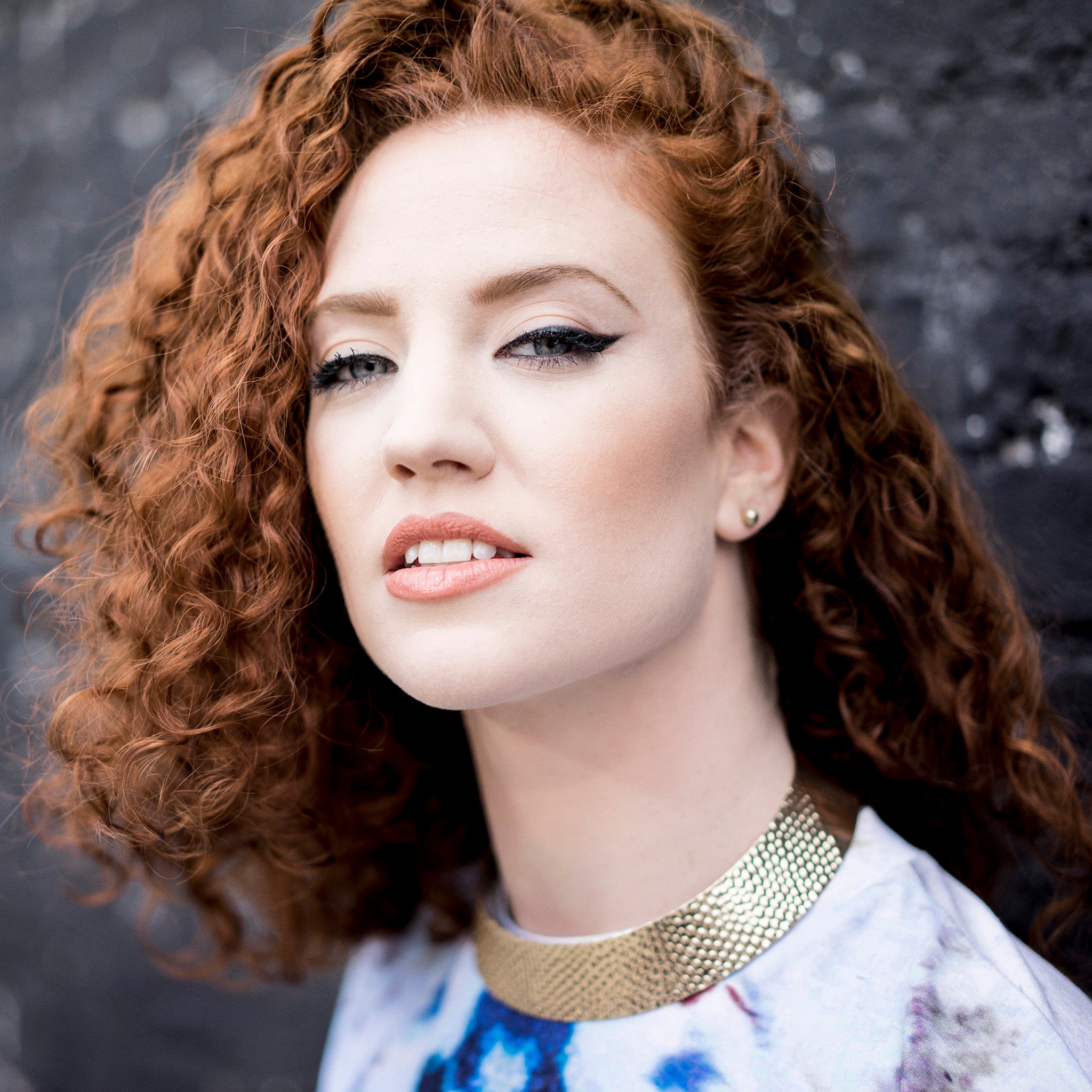Dance’s new leading ladies fight back: How female vocalists are now writing their own hits
Gorgon City's Matt Robson-Scott: 'The girls are dictating what’s going on on the dancefloor, rather than lads with their tops off'

Your support helps us to tell the story
From reproductive rights to climate change to Big Tech, The Independent is on the ground when the story is developing. Whether it's investigating the financials of Elon Musk's pro-Trump PAC or producing our latest documentary, 'The A Word', which shines a light on the American women fighting for reproductive rights, we know how important it is to parse out the facts from the messaging.
At such a critical moment in US history, we need reporters on the ground. Your donation allows us to keep sending journalists to speak to both sides of the story.
The Independent is trusted by Americans across the entire political spectrum. And unlike many other quality news outlets, we choose not to lock Americans out of our reporting and analysis with paywalls. We believe quality journalism should be available to everyone, paid for by those who can afford it.
Your support makes all the difference.Over the past two years, one of the defining sounds of the charts and high streets has been the shiny blend of deep house and UK garage, with a hint of 1990s nostalgia, purveyed by the likes of MNEK, Rudimental, Disclosure, Route 94, Gorgon City and Duke Dumont – male DJs and producers all.
But scratch the surface and you’ll see on their tracks a preponderance of female singers, who are emerging as songwriters in their own right. When Jessie Ware first emerged she shared the glory with her producers Julio Bashmore and Dave Okumu, but now it is her name in lights.
It was the Disclosure remix of Ware’s 2012 debut single, “Running”, that for many signalled the commercial potential of this new pop-house sound. Disclosure’s album Settle featured a host of female singers – notably, Aluna Francis of AlunaGeorge and Hannah Reid of London Grammar – who used their cameos as a springboard for solo success, although not necessarily in the realm of dance music (Eliza Doolittle, also on the album, had already proved herself commercially).

Since then, the likes of Route 94 (No 1 earlier this year with “My Love”, featuring Jess Glynne), Duke Dumont (no 1 last year with “Need U (100 %)” featuring A*M*E, No 1 in March 2014 with “I Got U” featuring Jax Jones, and No 2 recently with “Won’t Look Back”, featuring Yolanda Quartey) and Gorgon City have either provided established female musicians with the opportunity to shine, or with a launchpad for solo careers. Gorgon City’s forthcoming debut album alone features collaborations with Brit girls Katy B, Laura Welsh, Yasmin, Katy Menditta and Anne Marie, as well as American newbie Tish Hyman and US R&B/soul star Jennifer Hudson.
And that, make no mistake, is what they are, according to Glynne, singer on Clean Bandit’s “Rather Be” and her own No 6 hit, “Right Here” – collaborations. “They [male producers] might be launching us,” says the north Londoner, currently working on her 2015 debut album, “but really we’re helping each other. Because without our vocals, melodies and lyrics, they wouldn’t have the songs.”
Matt Robson-Scott, one half of Gorgon City, notes that they also work with male singers (they had a No 2 hit in January with “Ready For Your Love”, featuring MNEK), but concedes that, with its warm vocals and accessible melodies, the current pop-house formula is working because of the women involved, which in turn makes the music attractive to a female demographic.
“It’s the girls in the parties, the ravers, the clubbers, who are really into the sound, and that always helps with the environment in the clubs,” he says on the phone from Ibiza, ahead of a DJ set at Amnesia. “The girls come to the front and the guys follow, so that’s a big plus.”
From Amnesia and Space in Ibiza to Circus and Fabric back home, he has noticed a softening up in terms of atmosphere. “I grew up with drum’n’bass in London,” he explains, “and this music definitely feels more friendly and accessible. The girls are dictating what’s going on on the dancefloor, rather than lads with their tops off.”
Adam George Dyment, aka Duke Dumont, started out remixing Lily Allen and Bat For Lashes before his breakthrough with “Need U (100%)”, which won him – and A*M*E – a Grammy Award nomination for Best Dance Recording. He acknowledges the crucial role played by female artists, who generally bring the topline melody and lyrics to his slick creations.
Enjoy unlimited access to 100 million ad-free songs and podcasts with Amazon Music
Sign up now for a 4 month free trial (3 months for non-Prime members)
Enjoy unlimited access to 100 million ad-free songs and podcasts with Amazon Music
Sign up now for a 4 month free trial (3 months for non-Prime members)

“Girls like Jess Glynne and Sinead Harnett co-write their songs, and they’re part of the whole process,” he says, adding that there is no undervaluing the power of a strong melody and soulful vocal. “If you can get a soulful performance on a record, that’s all you can ask for. That’s what sticks in people’s heads. If milkmen can whistle it, you know it’ll be a big pop track. Go to any record company and they all want that one breakthrough hit. It’s not about albums anymore; it’s about that single song. The song is king.”
Diane Nadia Adu-Gyamfi, alias Moko, is one of several rising stars (see also Ella Eyre and Becky Hill) benefitting from the leg-up of a stellar team-up: she reached No 5 last year with “Count On Me”, co-written by Chase & Status. Now the alumna of Goldsmiths College (like Katy B) is allying her gospel-infused vocals to all manner of soul, R&B and trip-hop on her solo EPs Black (2013) and Gold (2014). She sees the prevalence of females in the new house music as part of a wider wave of women in pop: Iggy Azalea and Nicki Minaj in rap, Beyoncé and Rita Ora in R&B. But what marks out the house girls is their very lack of star power.
“What’s nice about house music is the girls singing it are not overly sexualised, they’re just being themselves,” she says. “Someone like Jess Glynne has her own street style, it’s very chilled and laidback. These are girls next door, girls you could hang out with, girls who you might have a friend who’s similar to them.”
Robson-Scott agrees that this is an exciting time for female artists. Gorgon City ensured that every one of the collaborators on their album Sirens received a writing credit. But not all of their predecessors were so generous.
“The music industry in the past has been very blokey and people have been treated badly,” he says. “I’ve known girls who have made big underground tunes only for guys to take all the credit, even though they had nothing to do with writing the track. That doesn’t happen any more.”
Gorgon City’s ‘Sirens’ is released by Black Butter on 6 October
Join our commenting forum
Join thought-provoking conversations, follow other Independent readers and see their replies
Comments